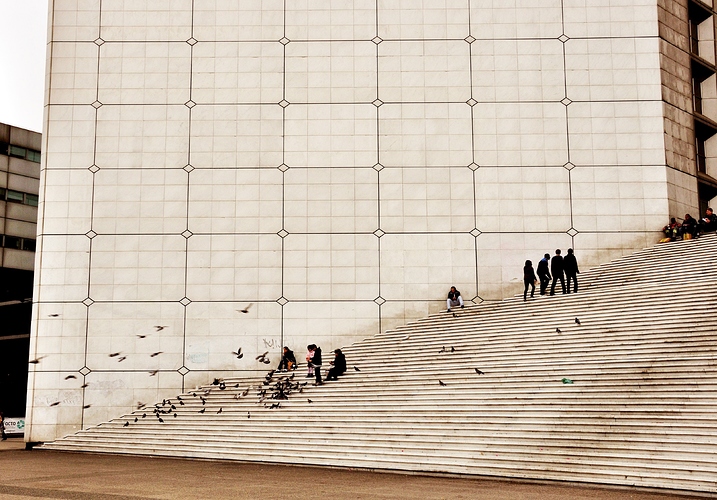In Eurozine, Nicolas Léger examines books by five contemporary French novelists to explore how they portray growing inequality in a nation that has long prided itself on egalitarianism. In novels by François Bon, Alexis Jenni, Gérard Mordillat, Virginie Despentes, and Michel Houellebecq, Léger discerns an abandonment of utopian visions and a turn instead to irony, humor, and the carnivalesque. Here’s an excerpt:
Inequality is sometimes presented as an inevitable consequence of a market-based system, and sometimes seized upon as an opportunity for arousing short-lived outrage or compassion. Meanwhile, discussions of growing inequality are only too quick to obscure the lives, the individual stories that play out behind it. In a world of ‘universal reportage’ it is literature’s sole privilege to give experiences a human voice or to weave unexpected, heterogeneous or complementary networks of meaning and interpretation.
Although there is a French tradition of social narrative that follows in the footsteps of Émile Zola’s naturalism or Victor Hugo’s epics, contemporary novels no longer seem to have their sights set on a radiant, just future. Many of them are more disillusioned in tone and tap into a collective sense of the loss of an ideal while attempting to explore the genealogy and effects of that loss. Perhaps this is because, nowadays, the simple fact of acknowledging inequality as a symptom of our contemporary malaise, of reclaiming language to counter the alienation of a market-oriented world, is already an act of resistance against the degradation of our societies.
The narratives of inequality in contemporary French literature are so varied that it would be presumptuous to try to produce an exhaustive overview. Moreover, although these narratives are specifically French in terms of their settings, the forms of social collapse they depict and the characters that people them, in this globalized age they also draw on narrative paths explored particularly by American novelists. How does this strand of French contemporary literature make pessimism and disenchantment its own while still managing to chart new horizons? What changes to the social model do these narratives document? Only one thing is certain: the age of collective utopias is over.
Image via Eurozine.
